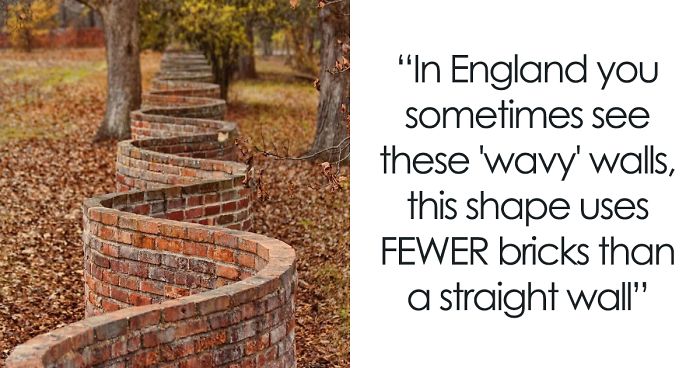
15 Pics Of Wavy Crinkle Crankle Garden Walls That Take Fewer Bricks To Build Than Straight Ones
Britain’s known for many charming things. Afternoon tea with scones (do you put the clotted cream or jam on first?). Mysterious and romantic walks in parks and gardens. Wavy walls. Wait, wavy walls? Wavy walls!~
Popularized in the United Kingdom, wavy walls were since then exported elsewhere, including into the United States. So-called crinkle crankle garden walls (don’t you just love that name?) are very economical—they end up using fewer bricks than straight walls. Your first reaction was probably just like ours, dear Pandas: that doesn’t make any sense! Well, wavy walls end up using fewer bricks because they can be one brick thin. Straight walls would topple over if you made them one brick wide. Meanwhile, all the curves in the wall give it stability.
Wiggle down our post with your scroll wheels and leave us a comment in cursive about what you think, dear Pandas. And read on for Bored Panda’s interview about crinkle crankle walls with Ed Broom from Suffolk who has documented a list of all the wavy walls in his neck of the woods.
The UK is full of charming crinkle crankle garden walls
Image credits: Steve Bougeno
They take fewer bricks to build than straight walls because they’re only one brick thick
Image credits: wikipedia
Wavy walls are gorgeous, great for growing fruit trees in the alcoves, and for defending your garden (if it ever comes to that)
Image credits: wikipedia
“I was trying to find something uniquely Suffolk for a local writing competition in 2015 when I chanced across crinkle-crankle walls,” Ed told us how he wove his way into the curvy world of serpentine walls.
“Various web pages told me that Suffolk, where I live, had over 50 examples but the original list (started in the 1960s by local historian Norman Scarfe) had disappeared. So I’ve been trying to make my own list since that time. Every time I think I’ve finished, having visited over 100 so far, another one pops up.”
Image credits: wikipedia
Image credits: wikipedia
Image credits: wikipedia
Ed told Bored Panda that people are still building new wavy walls in the UK. “From individual projects (like one at Ashbocking, built in 1999) to those peppering new estates (like those in a new development at Lavenham by architects Wincer Kievenaar) where they’re added as a nod to the local Suffolk style,” he said.
Image credits: wikipedia
Image credits: wikipedia
Image credits: wikipedia
“But the older ones can require maintenance or repair too, especially if driven into by a passing car (as happened at Easton in 2013). Due to the cost of a proper repair, some don’t survive.”
Crinkle crankle connoisseur Ed added that the advantages of serpentine walls are that they use fewer bricks, are ideal ‘hot walls’ for growing soft fruit in the concave alcoves, and give you “bragging rights over your neighbor!”
Image credits: Amanda Slater
Image credits: chewknew
Image credits: the_country_boy_uk
Wavy walls aka crinkle crankle walls go by many names, most of which would appeal to Draco Malfoy. They are also known as crinkum crankum, serpentine, and ribbon walls. In 18th century England, wavy walls were used for growing fruit. That’s why back then they were usually built East to West, so that one side would always be facing South to catch the warming rays of the sun.
Image credits: campbellandcoarchitects
Image credits: f8tog
Image credits: amlingandcompany
A lot of crinkle crankle walls are found in the East Anglia region where Dutch engineers drained the marshes of The Fens in the 17th century. These engineers are thought to be the original builders of the serpentine walls in the UK. Back then, the Dutch called them slangenmuur—snake walls.
However, serpentine walls aren’t meant just for gardening. They also provide strategic advantages when defending against invaders. Because of their undulating design, attacking troops would be forced to break ranks and that would make them vulnerable to counterstrikes from defenders. Something to keep in mind if your garden’s ever invaded by apple thieves or sneaky squirrels.
This is what people had to say about the serpentine walls that were popularized in Britain
413Kviews
Share on FacebookMost of these are constructed on a Friday afternoon, just after the bricky gets back from his liquid lunch
Used to live in a house where the garden wall was like this. Sadly I don't have photos. ☹
Similar to the post above, I live in England and have never seen one. They probably exist, but are certainly not ubiquitous.
Crinkle crankle walls are primarily in East Anglia - the Fens.
Load More Replies...I am actually involved in a long term experiment using this style of wall to boost fruit production in the highly unstable climate of Nebraska, USA. I will admit that the actual construction was the simplest brick-laying I have ever done, but proper layout before hand was obscenely difficult. We ended up just chalking equidistant circles along a straight line to get a uniform wiggle. Was quite the learning experience.
It's one of those things best plotted out on graph paper. Not that disimilar to a lot of building work really. You have to work out in advance the layout for tiling a wall, for example, though this is considerably more complicated. Still, if it's only need is to be functional and not perfect then chalking it out by hand I'm sure is absolutely fine. I've done that on woodworking projects! I have built walls but not personally worked on a serpentine wall (do renovation work). My main tip for walls is always use coping stones to finish - bricks are porous - and the wall will last longer. Hope the experiment goes well.
Load More Replies...This reminded me of an Andy Goldsworthy piece. I see where he got the idea now. 8d23e56dd2...b815de.jpg 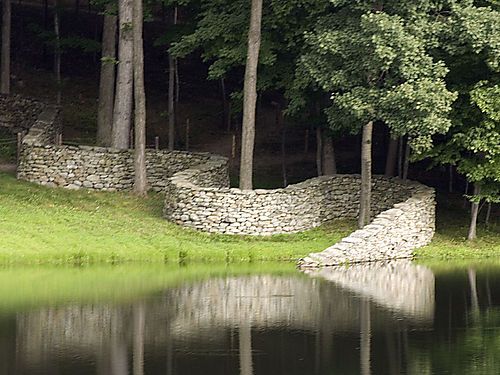
http://www.artnet.com/artists/andy-goldsworthy/
Load More Replies...I've seen this in the US, and I have always thought it was more aesthetic, but now know it is practical. Thanks, this was interesting.
Be interested to now whereabouts they are in the US - should we ever travel again!
Load More Replies...These curvy walls are so lovely. They seem to harmonize with the curvy lines found in nature. Thomas Jefferson was a big fan of this type of construction and incorporated them into the landscape architecture of the University of Virginia where they have become symbolic of the University and Jefferson's vision. I wish they were more common everywhere because they are just so charming and, although they are very practical, they add a delightful touch of whimsy to any scene.
Sar Margaret, and several of these 15 images (I suspect five) are actually from UVA and Mr. Jefferson's personal design. Shame on "bored panda" for being so sloppy and misleading. (Let's see if BoredPanda deletes this too)
Load More Replies...Most of these are constructed on a Friday afternoon, just after the bricky gets back from his liquid lunch
Used to live in a house where the garden wall was like this. Sadly I don't have photos. ☹
Similar to the post above, I live in England and have never seen one. They probably exist, but are certainly not ubiquitous.
Crinkle crankle walls are primarily in East Anglia - the Fens.
Load More Replies...I am actually involved in a long term experiment using this style of wall to boost fruit production in the highly unstable climate of Nebraska, USA. I will admit that the actual construction was the simplest brick-laying I have ever done, but proper layout before hand was obscenely difficult. We ended up just chalking equidistant circles along a straight line to get a uniform wiggle. Was quite the learning experience.
It's one of those things best plotted out on graph paper. Not that disimilar to a lot of building work really. You have to work out in advance the layout for tiling a wall, for example, though this is considerably more complicated. Still, if it's only need is to be functional and not perfect then chalking it out by hand I'm sure is absolutely fine. I've done that on woodworking projects! I have built walls but not personally worked on a serpentine wall (do renovation work). My main tip for walls is always use coping stones to finish - bricks are porous - and the wall will last longer. Hope the experiment goes well.
Load More Replies...This reminded me of an Andy Goldsworthy piece. I see where he got the idea now. 8d23e56dd2...b815de.jpg 
http://www.artnet.com/artists/andy-goldsworthy/
Load More Replies...I've seen this in the US, and I have always thought it was more aesthetic, but now know it is practical. Thanks, this was interesting.
Be interested to now whereabouts they are in the US - should we ever travel again!
Load More Replies...These curvy walls are so lovely. They seem to harmonize with the curvy lines found in nature. Thomas Jefferson was a big fan of this type of construction and incorporated them into the landscape architecture of the University of Virginia where they have become symbolic of the University and Jefferson's vision. I wish they were more common everywhere because they are just so charming and, although they are very practical, they add a delightful touch of whimsy to any scene.
Sar Margaret, and several of these 15 images (I suspect five) are actually from UVA and Mr. Jefferson's personal design. Shame on "bored panda" for being so sloppy and misleading. (Let's see if BoredPanda deletes this too)
Load More Replies...
 Dark Mode
Dark Mode 

 No fees, cancel anytime
No fees, cancel anytime 







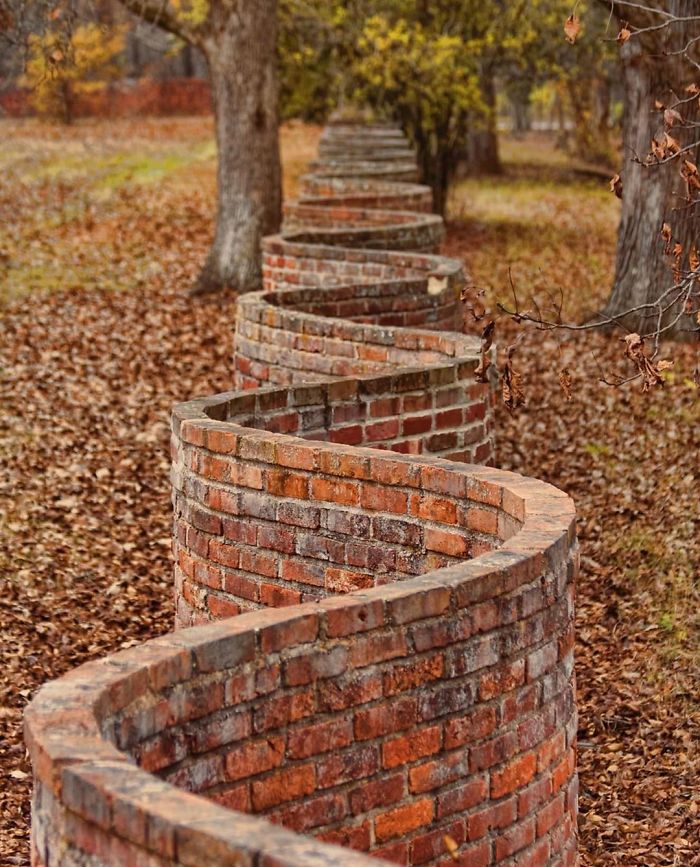
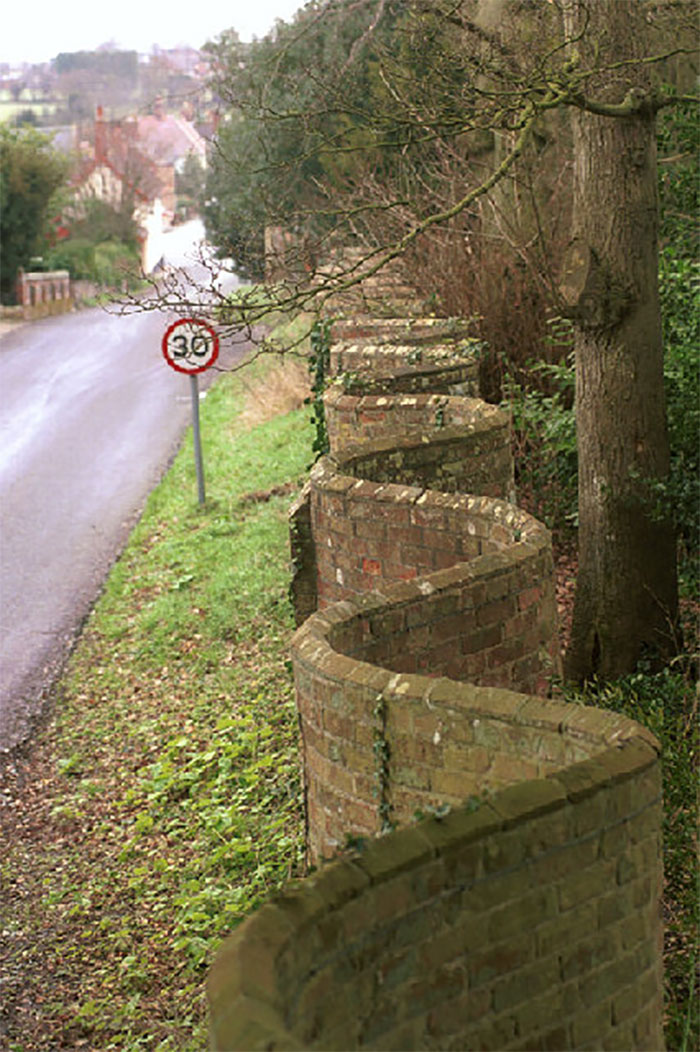
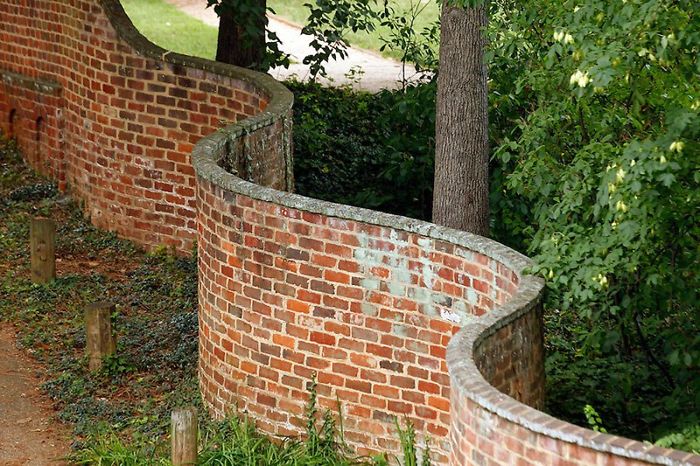
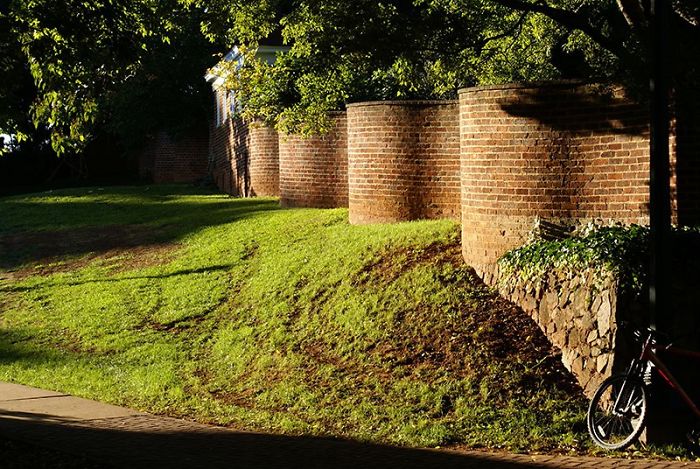
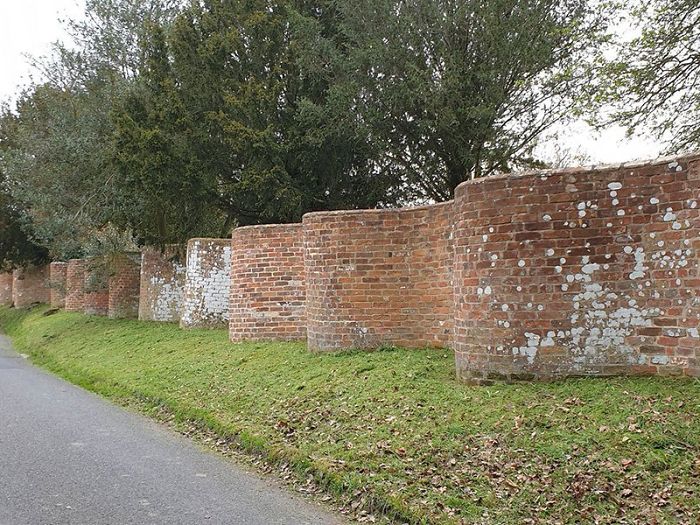
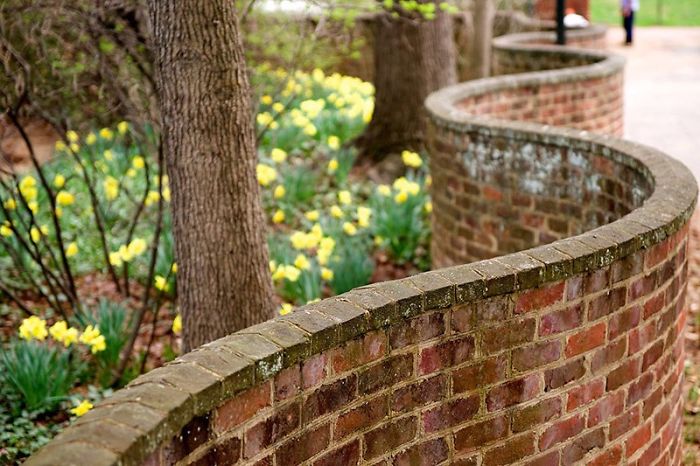
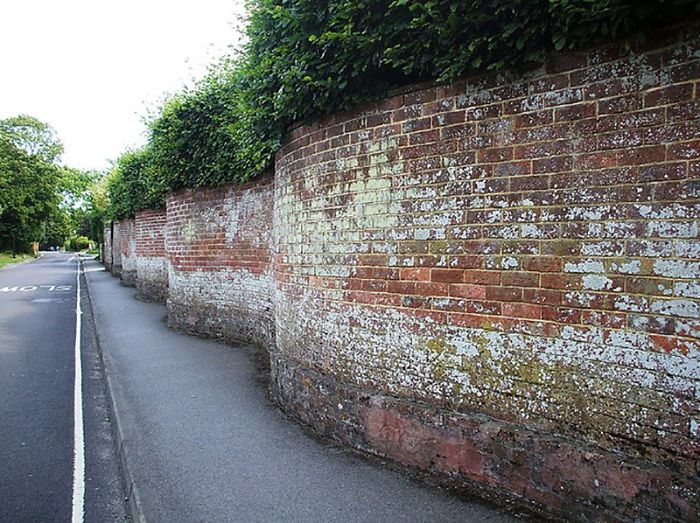
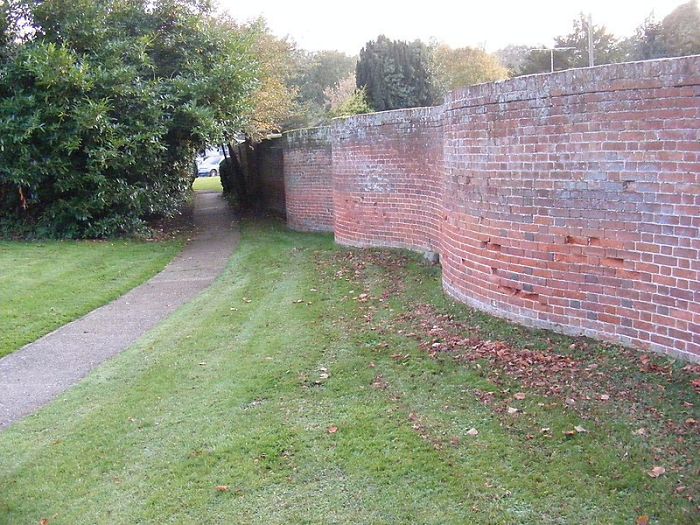

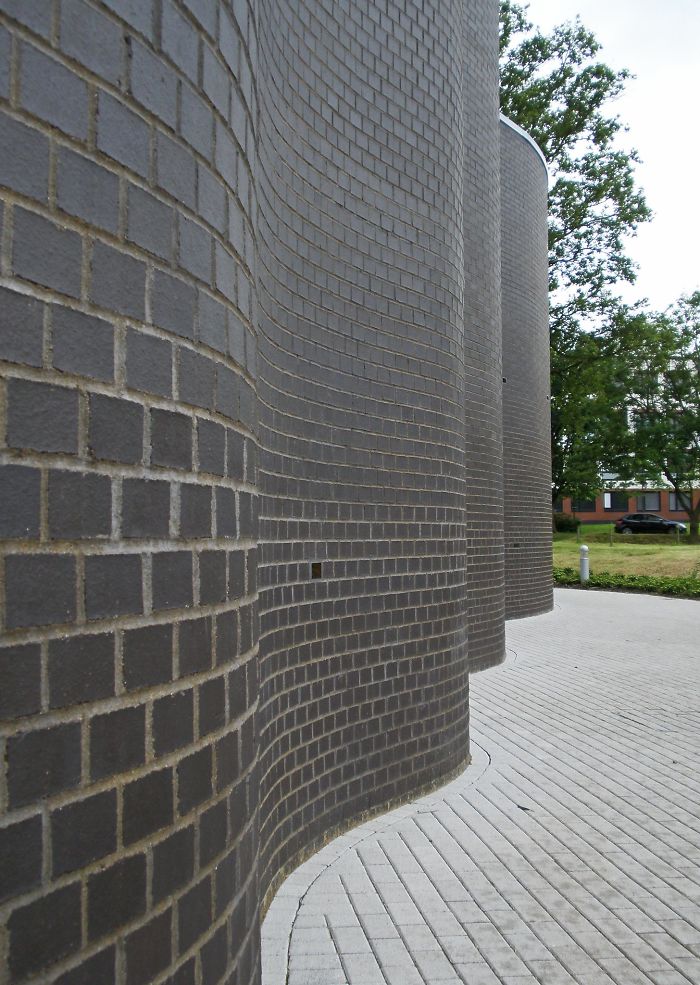
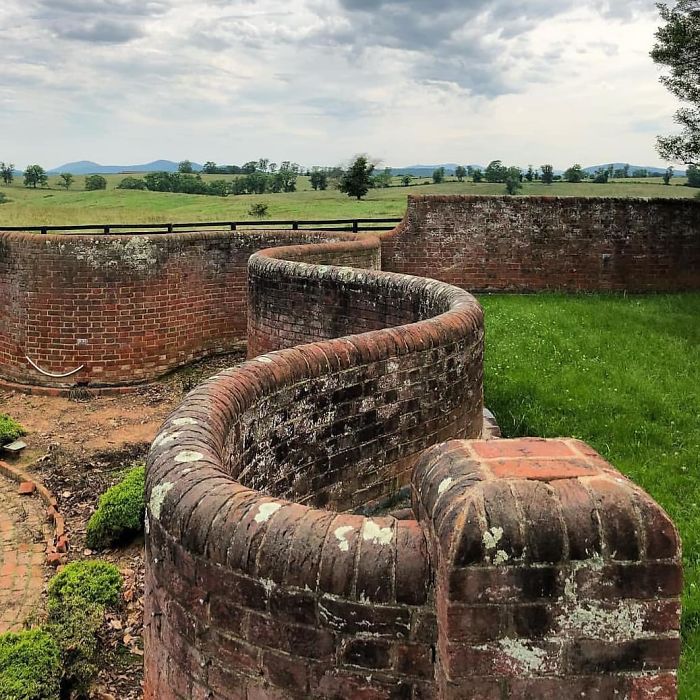
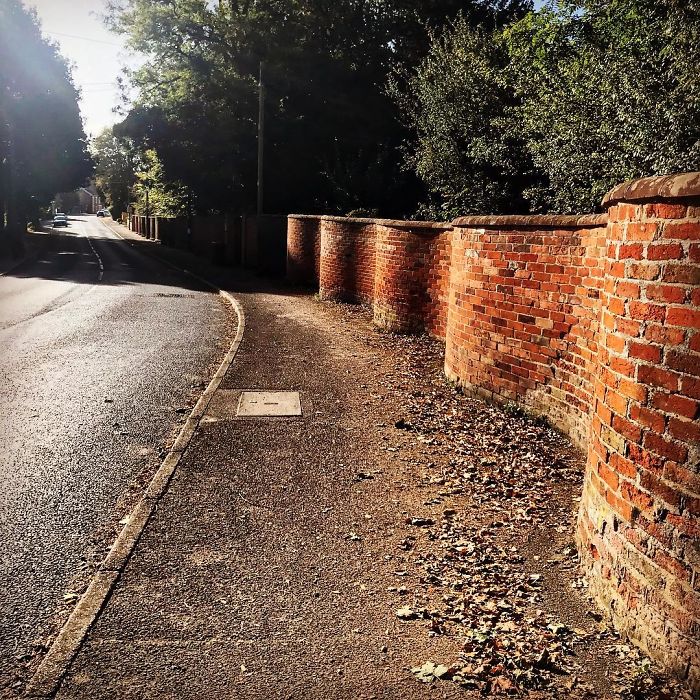
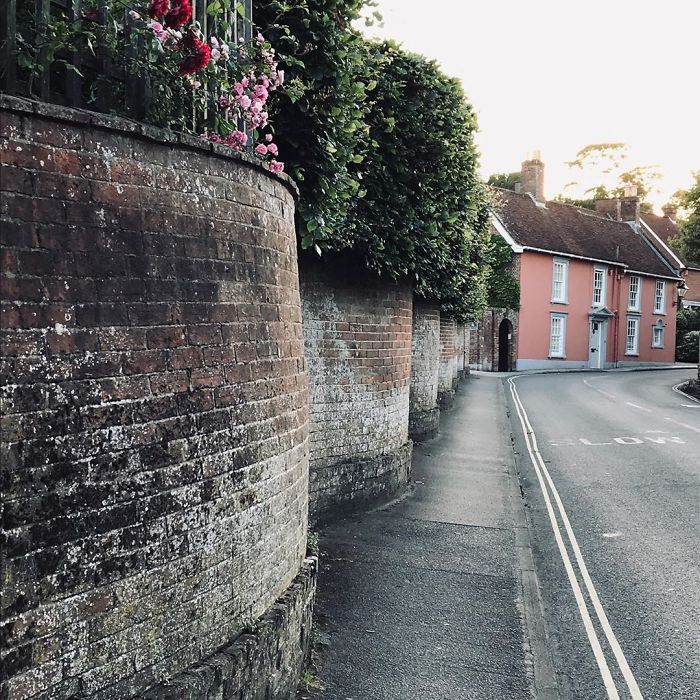
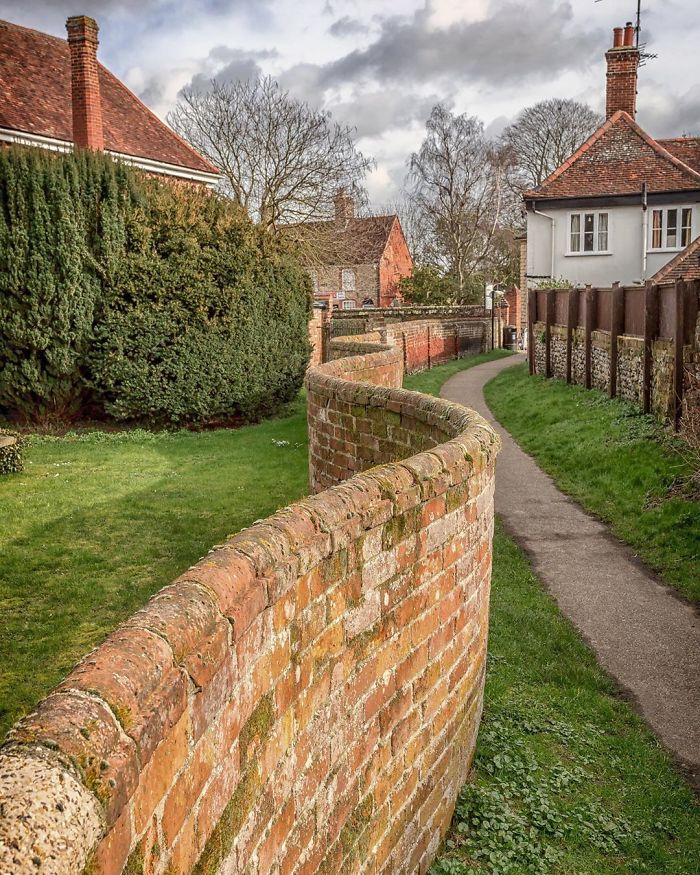
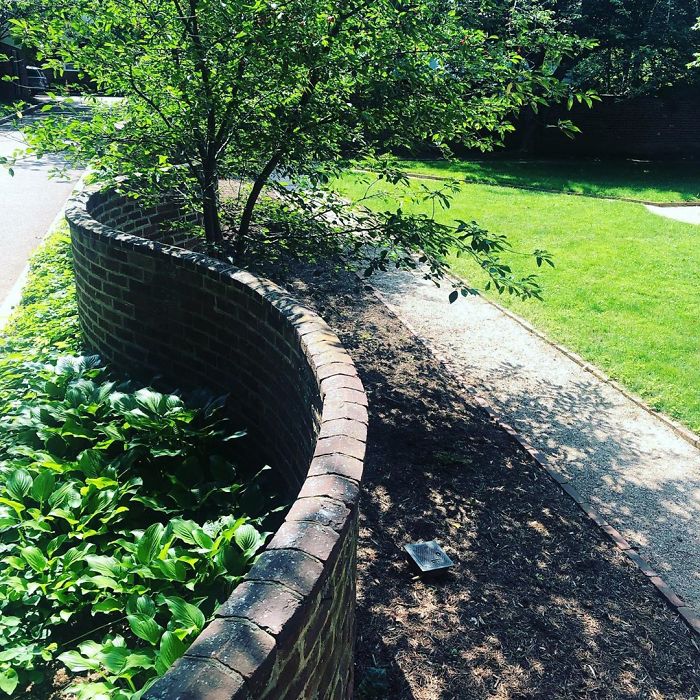

















































512
111